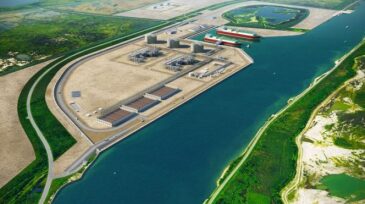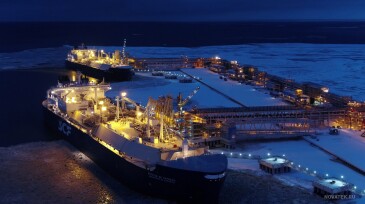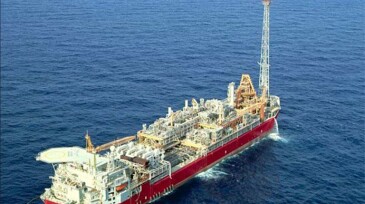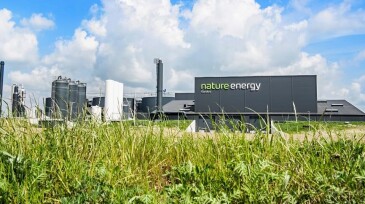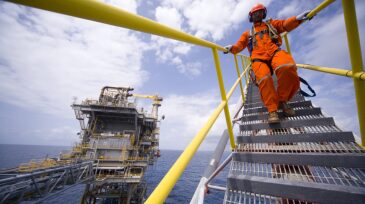Business/economics
The cloud platform provider said the initiative is designed to help energy companies manage and analyze large-scale operational data.
The deal positions the merged company to benefit from an expected offshore drilling upcycle.
Suspended by force majeure since the spring of 2021, work on the Mozambique LNG project has restarted with over 4,000 workers now engaged onshore and offshore to meet a 2029 deadline for first LNG.
-
The company also recently secured a long-term deal with ConocoPhillips for 5 mtpa of LNG.
-
After Russia started a war in Ukraine, oil prices increased and brought in higher oil export revenues in the short run. Longer term, things are looking rougher.
-
The deal awards the first concession in the Middle East for unconventional oil resources.
-
The authors of this paper discuss an integrated cloud-based work flow aimed at evaluating the cost-effectiveness of adopting geothermal production in low- to medium-enthalpy systems.
-
The complete paper outlines adaptations of the SPE Petroleum Resources Management System to a company’s business processes.
-
The paper highlights the importance of adopting good practices when planning for decommissioning throughout the life cycle of a petroleum project.
-
This paper presents case studies of how produced-water salinity data was used to transform the performance of two oil-producing fields in Nigeria.
-
The UK-based supermajor is taking over Nature Energy, a company that specializes in turning manure and food waste into “CO2-neutral” natural gas.
-
The subsea partners secured a contract for the Cypre gas project offshore Trinidad and Tobago.
-
High prices have predictably led to production booms that end in busts. But in this cycle, the focus has shifted from production growth to cash flow growth.




